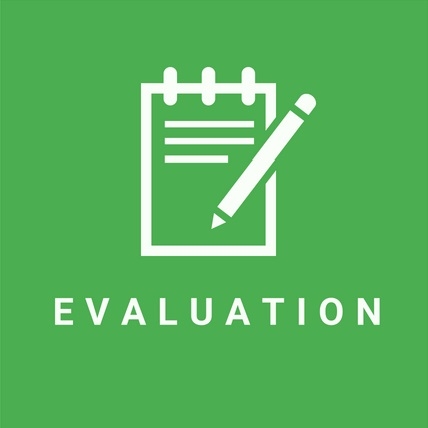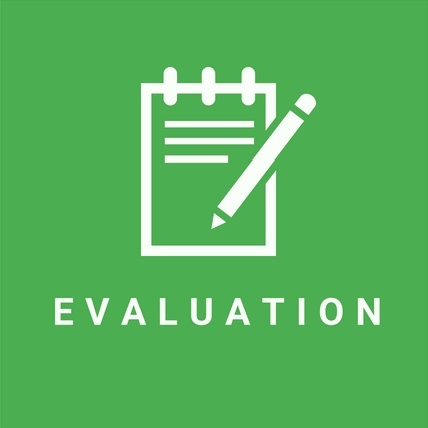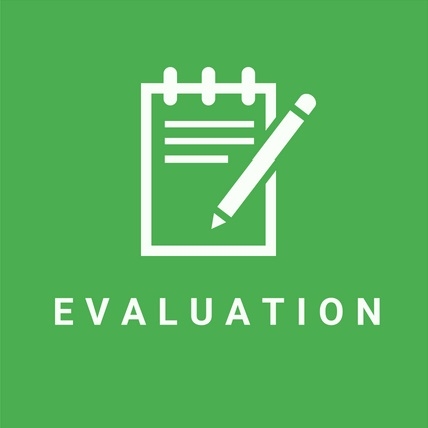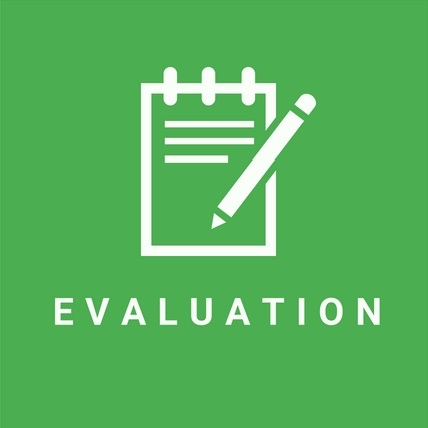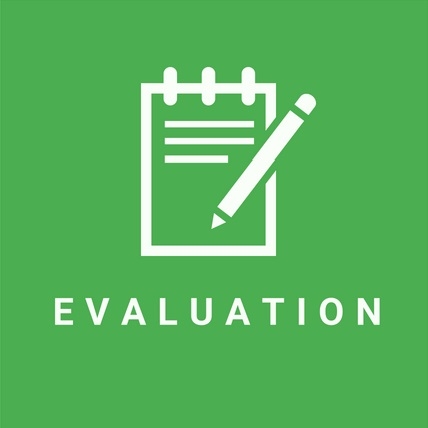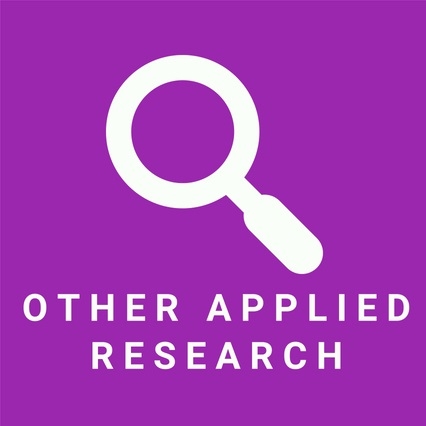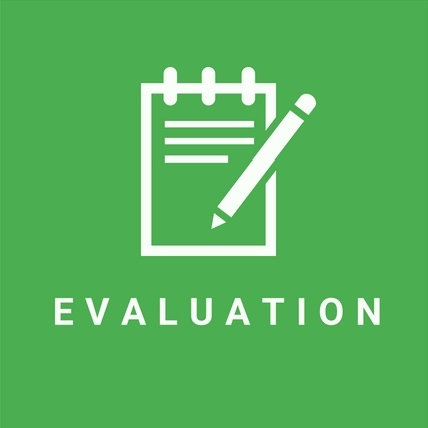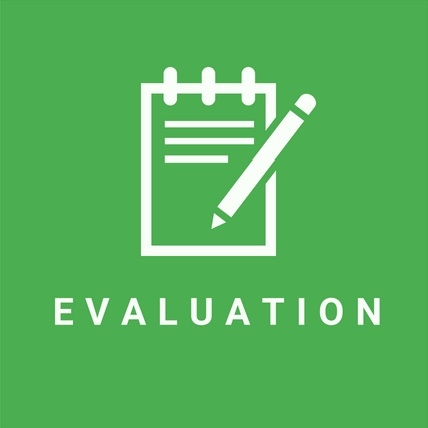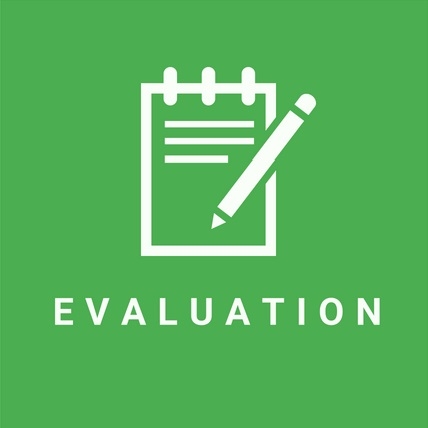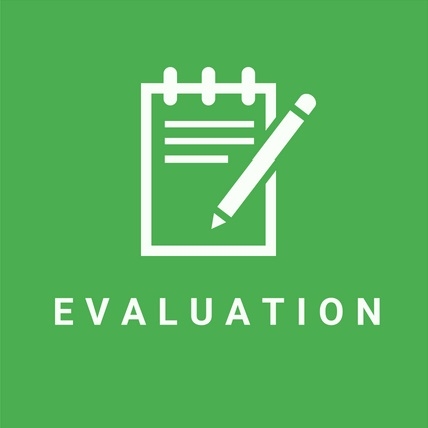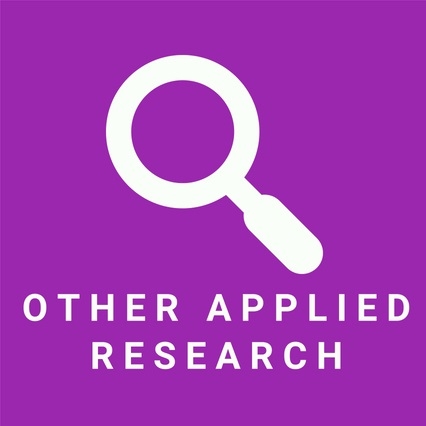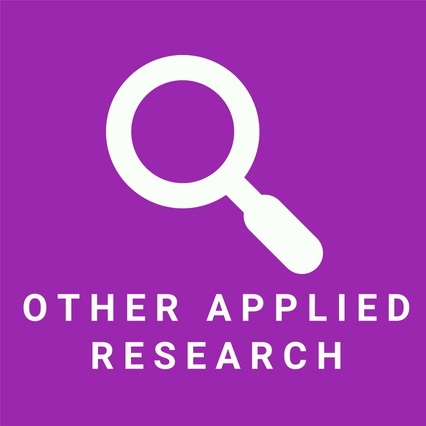Projects
CCBR typically has 15-20 ongoing projects and has completed over 450 projects since 1982. Each project is guided by our commitment to impacting social change in practical and powerful ways. We conduct research with people not on people, cultivating respect with communities at every step of the process.
Projects can be searched for using words from the project title or using the service area, theme, or date range for the project. You can also type 'Service Area' or 'Theme' into the search bar to get a list of options in each of these fields.
Projects
The Travel Training project was designed to increase knowledge and skills for independent travel among people with intellectual/development disabilities. The project was evaluated using document reviews, surveys, focus groups, and interviews. The evaluation was funded by Community Living Toronto.
The purpose of this project was to design and conduct a developmental evaluation of an innovative inter-agency collaborative that developed and tested an integrated system of support for people with developmental disabilities/dual diagnosis (DD/DD) accessing homeless shelters. The evaluation was funded by Ontario Local Poverty Reduction Fund via Community Living Brampton Caledon.
This evaluation explored the outcomes achieved by those that attended the events and highlighted the features of the planning process and design that helped make the event successful. The evaluation was funded by the Central Region Community Network of Specialized Care.
The purpose of this evaluation was to assess the implementation and outcomes of the Common Thread Initiative, a team-based, problem solving approach to making evidence-based decisions that best support persons with a dual diagnosis and challenging behaviours in a residential program in Central West Ontario. The evaluation was funded by the Central West Community Network of Specialized Care.
The purpose of this study was to determine Autism Spectrum Disorder-specific content for a website called ConnectABILITY.ca. Teens/adults on the spectrum, parents/caregivers, and service providers were surveyed and interviewed to give insight about useful information on the DSO passport funding process, service providers for ASD transitioning teens and adults, and additional tips and Frequently Asked Questions (FAQs). The study was funded by Kerry’s Place Autism Services (KPAS).
The purpose of this evaluation was to develop an evaluation framework and to support its implementation for the Supported Independent Living (SIL) program. The Bob Rumball Associations for the Deaf (BRAD) funded this project.
CCBR conducted an evaluation for the Transition Series event designed to understand the strengths and challenges of this event and the impact on participants. This work was funded by the Central Region Community Network of Specialized Care.
CCBR was an Evaluation Specialist for OBI’s Evaluation Support Program created to build a culture of evaluative thinking that strives to produce continual evidence-based improvements among participating community organizations. CCBR’s evaluation activities included the facilitation of three workshops and evaluation planning/support for the Alzheimer Society of Ontario.
CCBR evaluated the process and outcomes for ABA services serving children and youth aged 9-18 living with Autism Spectrum Disorder and their families. This research was conducted in five regions: Halton, Peel, Wellington, Dufferin and Waterloo and funded by Kerry’s Place Autism Services (KPAS).
CCBR provided research support for two pilot projects to Centre for Family Medicine’s Primary Care and Rehabilitation Integration with Self-Management (PRISM) project. The first was development of an e-consultation system. The second was the development of a self-management approach for people with spinal cord injuries.
CCBR was asked to provide ‘snapshots’ of systemic barriers that diverse communities face in accessing Region of Waterloo's services and programs. Interviews were done with individuals representing nine diverse groups: immigrants and refugees, LGBT folks (lesbian, gay, bi-sexual, and transgender), people living with disabilities, Indigenous people, people living in poverty, rural residents, seniors, youth, and women.
